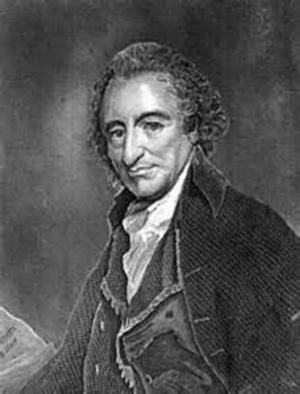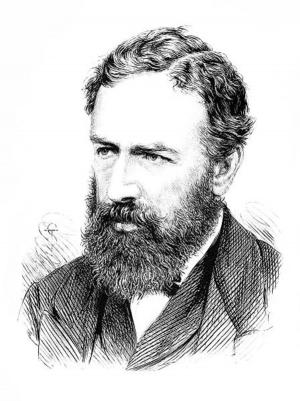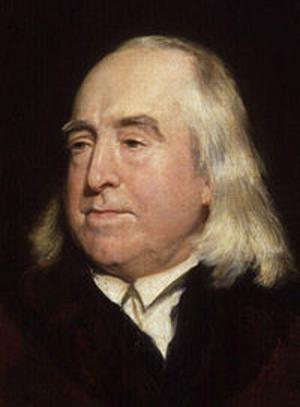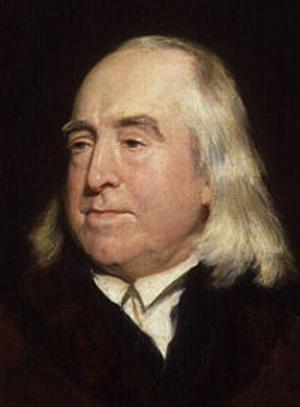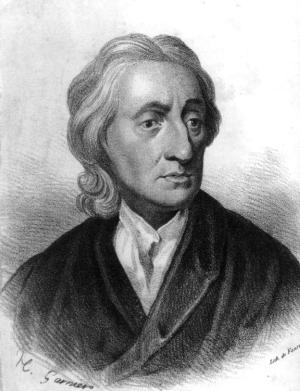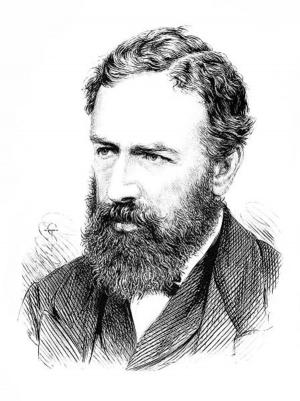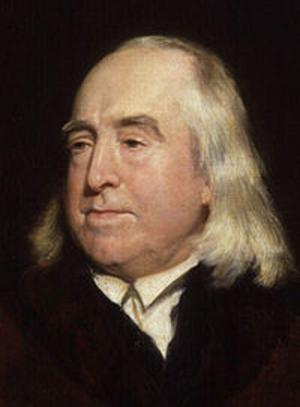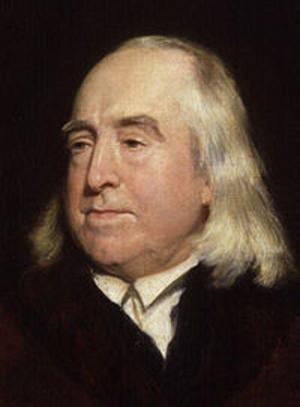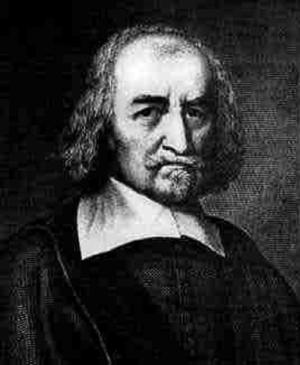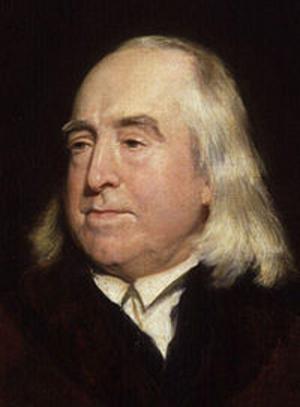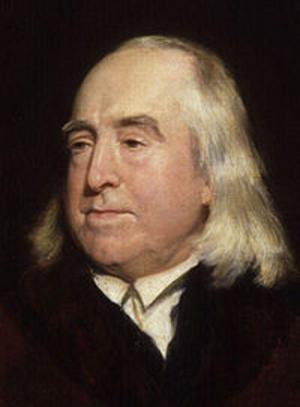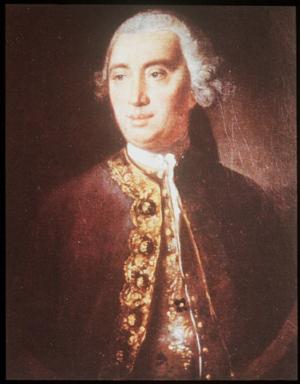The Critique of Pure Reason and a Commentary to Kant's Critique by Norman Smit (Illustrated)
Business & Finance, Economics, Macroeconomics, Theory of Economics| Author: | Immanuel Kant, Timeless Books:Editor | ISBN: | 1230000512879 |
| Publisher: | www.WealthOfNation.com | Publication: | June 24, 2015 |
| Imprint: | Language: | English |
| Author: | Immanuel Kant, Timeless Books:Editor |
| ISBN: | 1230000512879 |
| Publisher: | www.WealthOfNation.com |
| Publication: | June 24, 2015 |
| Imprint: | |
| Language: | English |
The book has an active table of contents for easy access to each chapter.
Immanuel Kant was a great philosopher and one of the founders of the modern system of philosophy. He is in the row with the greatest thinkers as Aristotle, Isaac Newton, John Locke, David Hume, Gottfried Wilhelm Leibniz, and John Stuart Mill. Their thoughts had strong influence on building the foundation of the United States and its endeavor of open society.
Kant published his most influential work The Critique of Pure Reason in 1781 and the book was regarded as Kant's First Critique. Kant’s Second Critique was Critique of Practical Reason published in 1788. His Third Critique was the Critique of Judgment published in 1790.
In the Critique of Pure Reason, Kant explained what he meant by a critique of pure reason: "I do not mean by this a critique of books and systems, but of the faculty of reason in general, in respect of all knowledge after which it may strive independently of all experience."
Kant argued in the book that truths of reason must be analytic, what is stated in the predicate must already be present in the subject, and the judgment is analytic because it is ascertained by analyzing the subject.
A COMMENTARY TO KANT'S CRITIQUE OF PURE REASON by NORMAN KEMP SMITH is one of the most influential work on Critique of Pure Reason published in 1918 to fill a gap in studying Kant’s thoughts. It was the first study entirely devoted to Kant's Critique of Pure Reason and by far the most substantial commentary on it ever written. This book remains an essential assistance to a complete understanding of Kant's philosophy for readers and offers a classic examination of Kant's philosophy in the context of the moral philosophy of the eighteenth century.
Kant’s work produced great influence on modern philosophy and logic. His view became widely recognised as the foremost philosophical voice and his influence has been felt in nearly every field of the humanities and social sciences.
This book is one of the most important ones about philosophy beyond the level of debate between the rationalists and empiric by Immanuel Kant, one of the greatest thinkers of modern philosophy on the planet.
The book has an active table of contents for easy access to each chapter.
Immanuel Kant was a great philosopher and one of the founders of the modern system of philosophy. He is in the row with the greatest thinkers as Aristotle, Isaac Newton, John Locke, David Hume, Gottfried Wilhelm Leibniz, and John Stuart Mill. Their thoughts had strong influence on building the foundation of the United States and its endeavor of open society.
Kant published his most influential work The Critique of Pure Reason in 1781 and the book was regarded as Kant's First Critique. Kant’s Second Critique was Critique of Practical Reason published in 1788. His Third Critique was the Critique of Judgment published in 1790.
In the Critique of Pure Reason, Kant explained what he meant by a critique of pure reason: "I do not mean by this a critique of books and systems, but of the faculty of reason in general, in respect of all knowledge after which it may strive independently of all experience."
Kant argued in the book that truths of reason must be analytic, what is stated in the predicate must already be present in the subject, and the judgment is analytic because it is ascertained by analyzing the subject.
A COMMENTARY TO KANT'S CRITIQUE OF PURE REASON by NORMAN KEMP SMITH is one of the most influential work on Critique of Pure Reason published in 1918 to fill a gap in studying Kant’s thoughts. It was the first study entirely devoted to Kant's Critique of Pure Reason and by far the most substantial commentary on it ever written. This book remains an essential assistance to a complete understanding of Kant's philosophy for readers and offers a classic examination of Kant's philosophy in the context of the moral philosophy of the eighteenth century.
Kant’s work produced great influence on modern philosophy and logic. His view became widely recognised as the foremost philosophical voice and his influence has been felt in nearly every field of the humanities and social sciences.
This book is one of the most important ones about philosophy beyond the level of debate between the rationalists and empiric by Immanuel Kant, one of the greatest thinkers of modern philosophy on the planet.

